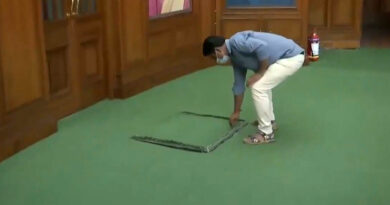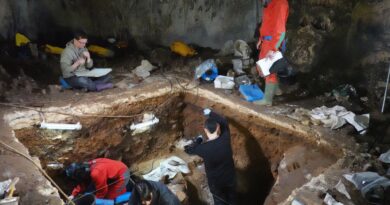Prince Charles DNA Could Determine If Remains Belong To 11th Century Hungarian King
Prince Charles’ DNA could determine if the remains found at an archaeological site belong to an ancient Hungarian king and his wife.
It is believed the remains found at the site belong to King Samuel Aba, who ruled Hungary from 1041 to 1044, and his wife.
The archaeological site is located in the northern Hungarian village of Abasar, population 2,593.
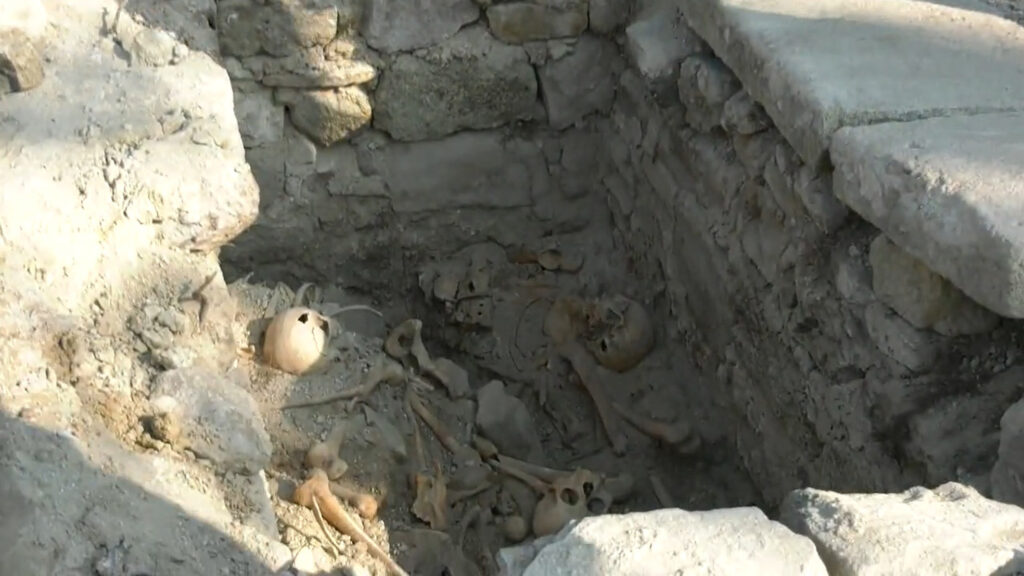
Although Abasar is a small village today, it was once the royal centre of Hungary and remained so for a millennium.
The site is well-preserved and is known to be the final resting place of some of the country’s rulers.
The latest skeletons unearthed at the site are believed to belong to Samuel Aba, Hungary’s third king, and his wife.
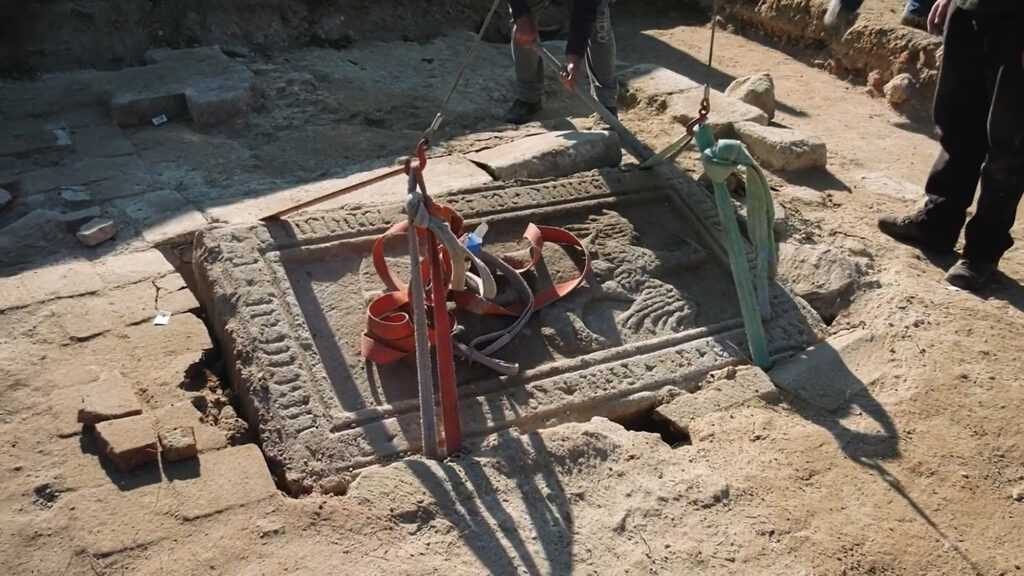
Experts believe the bones can be identified with male DNA and an unlikely candidate Hungarian newspaper Ripost7 has proposed is Charles, Prince of Wales.
Charles is related to Samuel Aba through his great-great-great grandmother, Countess Claudine Rhedey von Kis-Rhede, who was Queen Elizabeth II’s great-great grandmother.
DNA from Queen Elizabeth herself would not be able to identify the remains, as the sample needs to be from a male, according to archaeogeneticists.
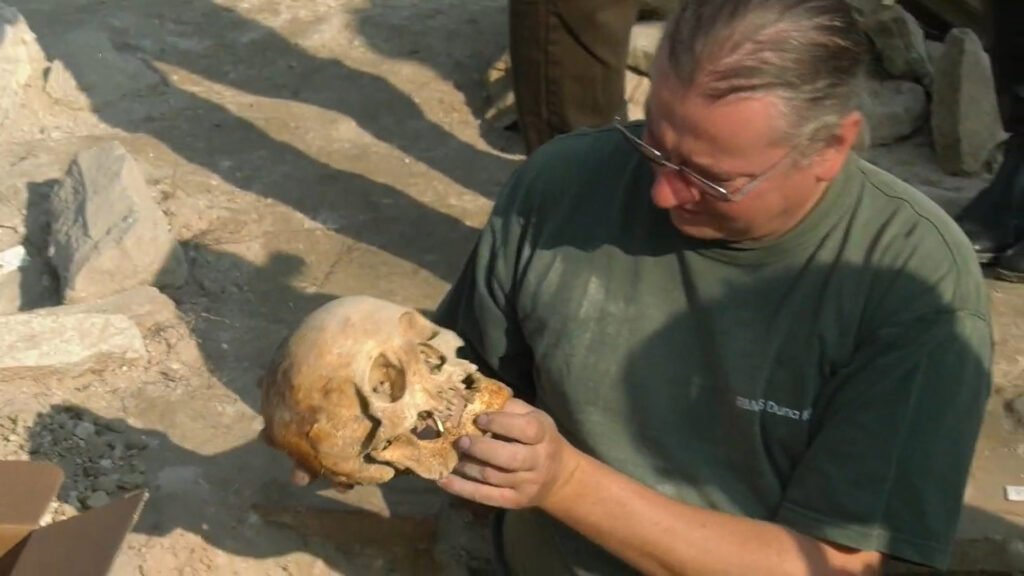
Countess Claudine Rhedey von Kis-Rhede was born in Rhedey Castle in Sankt Georgen auf der Heide in the Austrian Empire, now the town of Sangeorgiu de Padure in Romania, in 1812.
The Hungarian Rhedey noble family is known to have descended from the House of Aba in the 13th century.
It is not known if Prince Charles has proffered his DNA to determine the identities of the remains.
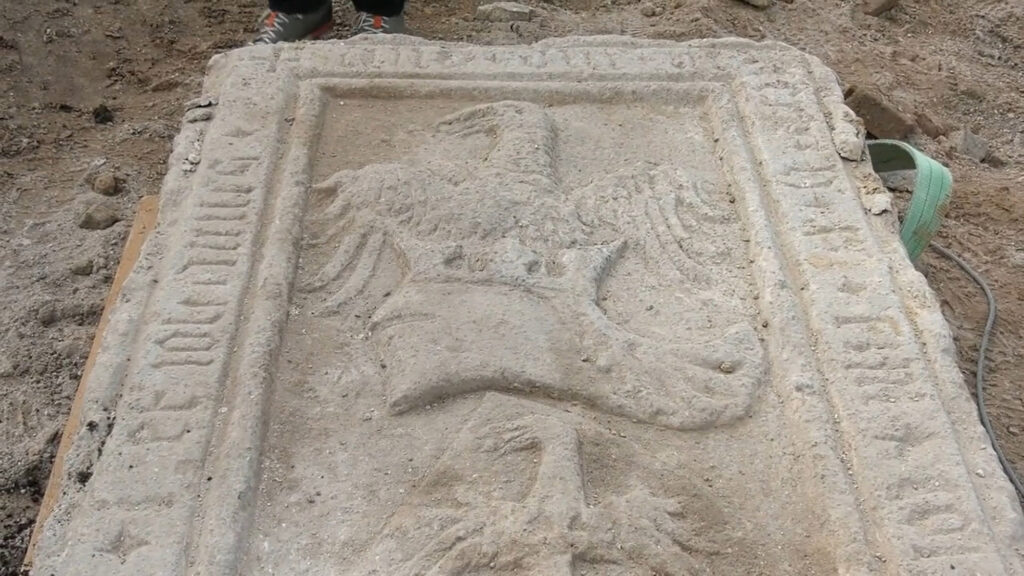
If not, his brothers, Edward and Andrew, or male descendants, such as William and Harry, would also make suitable candidates.

